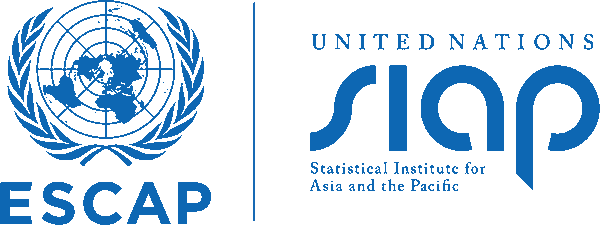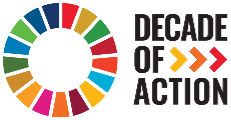
System of Environmental-Economic Accounting-Ecosystem Accounting
e-Learning

14 April to 31 May 2025
Online
SIAP UNSD
e-Learning
8. Decent Work and Economic Growth
9. Industry, Innovation and Infrastructure
12. Responsible Consumption and Production
14. Life Below Water
15. Life On Land
Overview
It is well established that healthy ecosystems and biodiversity are fundamental to supporting and sustaining our wellbeing, our communities and our economies. Protecting and properly managing ecosystems is key to ensuring the continuous provision of ecosystem services such as pollination, carbon sequestration, flood protection, etc. Understanding the contribution of nature to our well-being and the impacts of our activities on the state of ecosystems are key for sustainable development.
This e-Learning course introduces the System of Environmental-Economic Accounting--Ecosystem Accounting (SEEA EA), the agreed statistical framework for collecting and organizing information on ecosystems and their relationship to human activity. The SEEA EA provides an integrated statistical framework for organizing biophysical information about ecosystems, measuring ecosystem services, tracking changes in ecosystem extent and condition, and linking this information to measures of economic and human activities. It supports the compilation of indicators for several global policy frameworks including the 2030 Agenda for Sustainable Development and the associated SDGs indicators as well as the Kunming-Montreal Global Biodiversity Framework.
The course is being organized by the United Nations Statistics Division (UNSD) and the UN Statistical Institute for Asia and the Pacific (SIAP), under the overall guidance of the UN Committee of Experts on Environmental Economic Accounting (UNCEEA).
Documents
| Concept Note |
